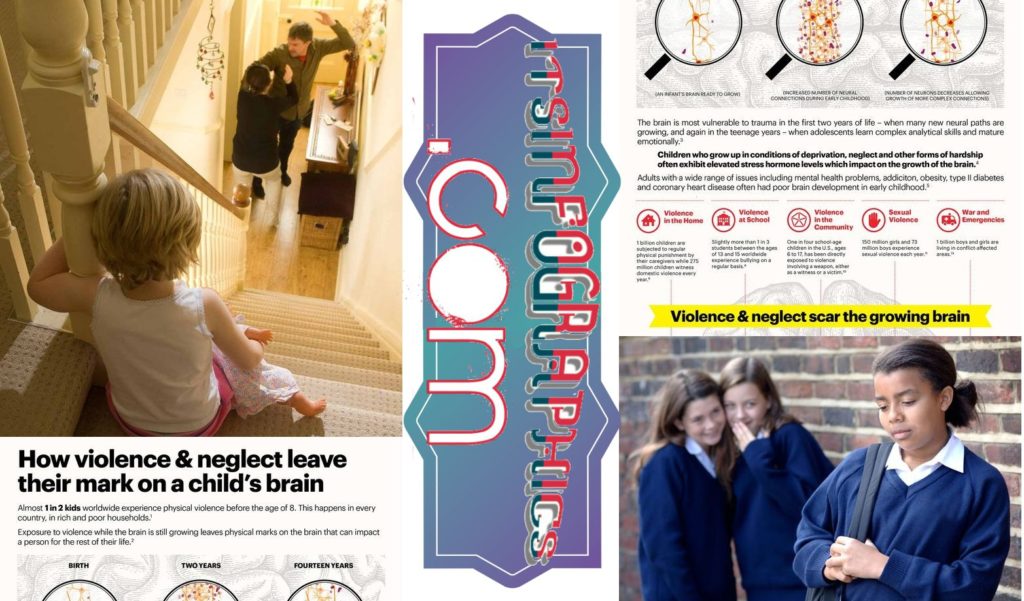Our social life begins in childhood, in the company of brothers and sisters and fathers, but it is the parents who will define our future, so when parents are violent, they set rules and behaviors that will affect us for life. Do you know how to identify one?
We usually associate the term?Violence? With physical aggression, however, this serious problem can also occur through psychological abuse, psychological violence manifests itself in words that hurt morally, attitudes that seek to degrade others, and also indifference, all these attitudes end up hurting children, consciously or not. .
The reasons for these behaviors are multiple, and very specific in each case, but the most common are:
? Too much stress or tiredness: there are many obligations that can cause parents to lose control, for example when they return home after a long day of work and do not deceive ourselves, this can happen to both men and women.
? Education received: Unfortunately, patterns of violence tend to be repeated, and when a parent has experienced similar violence as a child, he usually educates his children in the same way.
? Seek relief from the violence they have suffered: This occurs when one parent abuses the other and the victim decides to take action against the children, in an attempt to regain control of the situation. Unfortunately, when this happens, no one else is in control. In this way, all family members are affected.
It is inevitable that children experiencing violence on the part of their parents will be assigned to their social skills, but each will develop a different personality:
? The Reserved Child: The one who seeks to protect himself through isolation. These children usually have a shy personality and few social skills. They are generally very insecure and, as adults, this may not change much; they can even allow other people to attack you.
? The victim child: Unlike the reserved child, this personality seeks to get rid of anger by attacking others, as she was attacked. As an adult, you can become a violent person, hurting those around you, repeating the pattern of violence.
? The Protective Child: This feature is common in older children, who often feel compelled to protect their parents and siblings, who are also victims; adults can become people who are always in conflict, with the intention of protecting someone.
Violence in the family is a terrible situation for those who experience it, however, for children the situation is even worse, since it will leave them forever and can lead to unhappiness for the rest of their lives.

